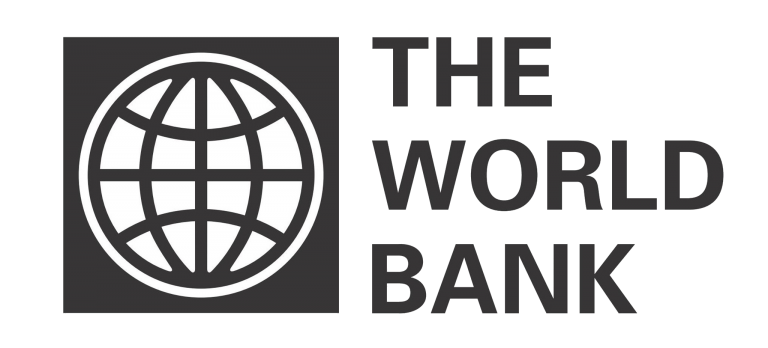The World Bank Group, on Wednesday in Washington announced a $93 billion replenishment package of the International Development Association (IDA) to help low-income countries respond to the COVID-19 crisis and build a greener, more resilient, and inclusive future.
The funds, the group said in a statement, will be delivered to the world’s 74 poorest countries, and helping 400 million people receive essential health and nutrition resources, under the 20th replenishment (IDA20) programme, which focuses on helping countries recover from the impacts of the COVID-19 crisis. With this strong package, IDA will scale up its support in the pandemic and address health challenges, in addition to reaching as many as 375 million people.
The ongoing pandemic continues to worsen poverty in such countries, undermining growth, and jeopardizing the prospects of a resilient and inclusive development, as they struggle with falling government revenues; increasing debt vulnerabilities; rising risks to fragility, conflict, and instability; and dropping literacy rates. Worse still, the World Bank continued, a third of IDA countries are facing a looming food crisis.
The financing agreed over a two-day virtual meeting hosted by Japan, therefore, brings together $23.5 billion of contributions from 48 high- and middle-income countries with financing raised in the capital markets, repayments, and the World Bank’s own contributions.
Reacting to the financing package, the group said in a statement is the largest ever mobilized in IDA’s 61-year history, quoting the Group President David Malpass as noting the “generous commitment by our partners is a critical step toward supporting poor countries in their efforts to recover from the COVID-19 crisis.
“We are grateful for the confidence our partners have in IDA as a non-fragmented and efficient platform to tackle development challenges and improve the lives of millions of people around the world.”
To help countries build back greener, a substantial portion of these funds go to tackling climate change, with a focus on helping countries to adapt to rising climate impacts and preserve biodiversity. IDA will also deepen support to countries to better prepare for future crises, including pandemics, financial shocks, and natural hazards. While IDA20 will support countries globally, resources are increasingly benefiting Africa, which will receive about 70 percent of the funding.
The IDA20 programme has more ambitious policy commitments that will support countries in prioritizing investments in human capital, covering issues such as education, health and nutrition, vaccines, safety nets, and support for people with disabilities. IDA will also increase its ambition in addressing other major development challenges such as gender inequality, job creation, and situations of fragility, conflict and violence, including in the Sahel, the Lake Chad region, and the Horn of Africa. A continued emphasis on governance and institutions, debt sustainability, and digital infrastructure interventions will help foster economic and social inclusion.








